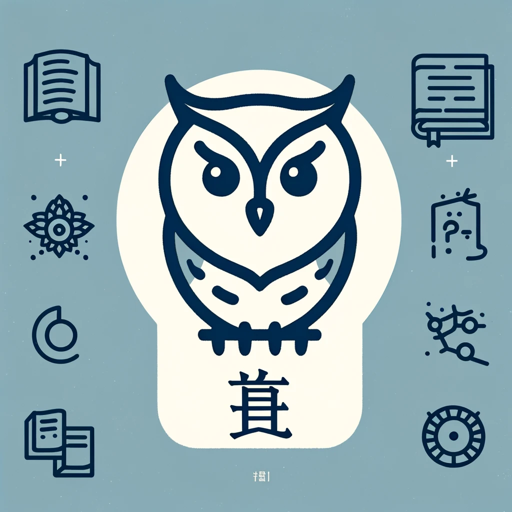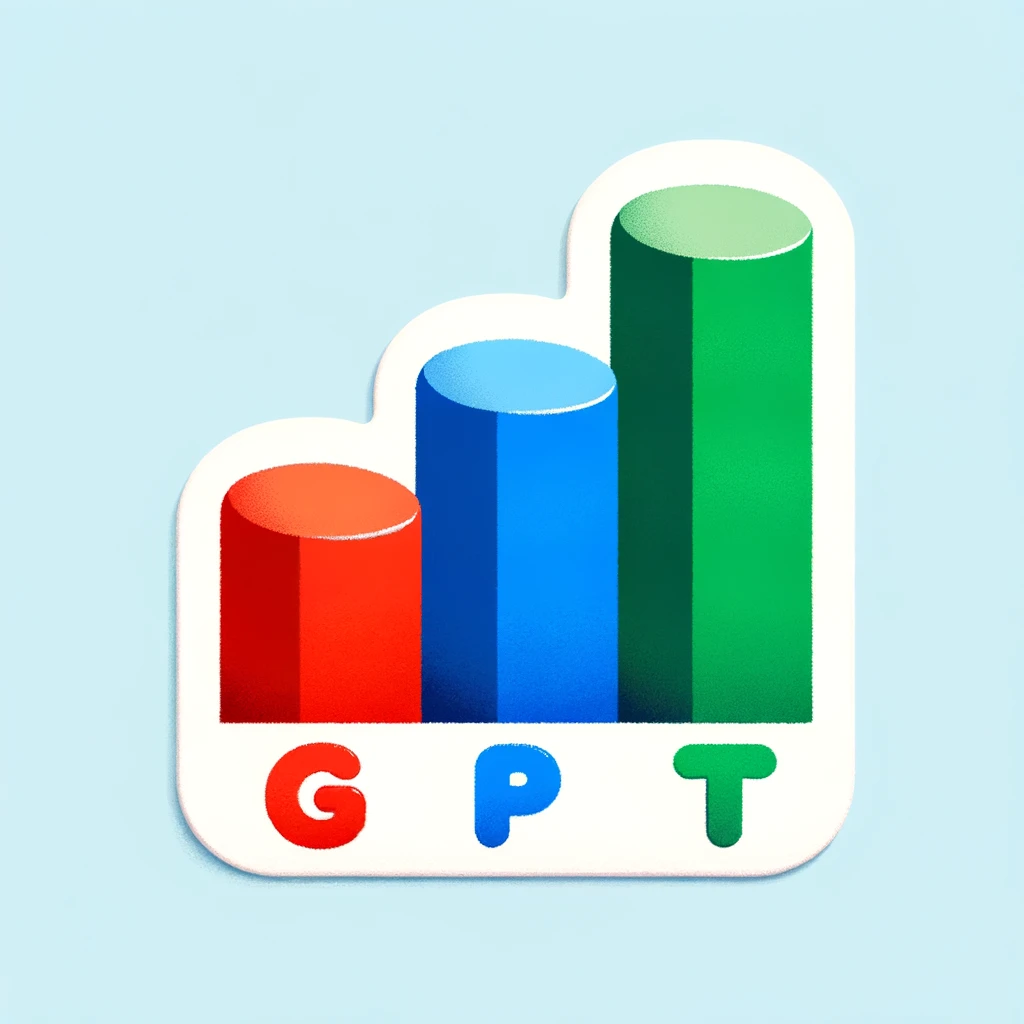Literature Review GPT-AI-powered literature review tool.
AI-Powered Literature Review Assistance
Give me the tips to start literature review.
How should I segment my review on sustainable architecture?
What are the current development of sustainable city research?
Summarize the studies on UHP concrete.
Related Tools
Load More
GPT Idea Evaluator
Pitch me your GPT idea, and I'll rate it out of 10.

Batch PDF Literature Review / Research Gap 2024
Synthesizes literature and Provides research gaps [1] start uploading [2] say "done" (10 PDFs a time)

GPT Academic Paper (Experimental)
Writes an academic paper from a dataset

Literature GPT
Guide to world literature, offering analyses, biographies, and themes.

Research GPT
Your go-to source for well-researched information!

GPT for Report Writing
Expert in seamless, narrative-style report writing.
20.0 / 5 (200 votes)
Introduction to Literature Review GPT
Literature Review GPT is a specialized version of the ChatGPT model designed to assist users in crafting comprehensive and well-cited literature reviews for academic theses. This tool is engineered to provide insightful summaries, relevant literary references, and structured sub-sections tailored to the user's specified academic field. The goal is to balance professionalism with approachability, making the review process both engaging and accessible. For example, a graduate student working on a thesis about climate change could use Literature Review GPT to find and synthesize recent research articles, integrating them into a coherent narrative that highlights key trends, debates, and gaps in the literature.

Main Functions of Literature Review GPT
Research Assistance
Example
A user researching the effects of social media on mental health can ask Literature Review GPT to gather and summarize the most recent studies from high-impact journals.
Scenario
In this scenario, the GPT searches databases like Google Scholar and Web of Science, then provides a detailed synthesis of the findings, highlighting the methodologies used, key results, and any conflicting evidence.
Structured Literature Review Writing
Example
An academic writing a review on renewable energy technologies could use the GPT to structure their literature review into coherent sections such as 'Solar Energy Advances,' 'Wind Energy Developments,' and 'Challenges in Renewable Energy Adoption.'
Scenario
The GPT helps by organizing the literature into thematic sections, providing summaries for each section, and embedding relevant citations throughout the text to ensure academic rigor and coherence.
APA-style Citation Generation
Example
A PhD student needing to format their bibliography in APA style can input their sources into Literature Review GPT, which then outputs correctly formatted citations.
Scenario
The GPT uses its understanding of APA style to format each reference accurately, saving the student time and ensuring adherence to academic standards.
Ideal Users of Literature Review GPT
Graduate Students
Graduate students working on their theses or dissertations would greatly benefit from using Literature Review GPT. The tool assists them in identifying relevant research, synthesizing findings, and structuring their literature reviews, which are critical components of their academic work.
Academic Researchers
Academic researchers can use Literature Review GPT to stay updated with the latest developments in their field, organize their findings, and ensure their reviews are comprehensive and well-cited. This is particularly useful for those preparing literature reviews for publication in high-impact journals.

Guidelines for Using Literature Review GPT
Visit aichatonline.org for a free trial without login, also no need for ChatGPT Plus.
Ensure you have access to the internet and a device capable of browsing the website.
Identify Your Research Topic
Have a clear understanding of your research topic or question to ensure the GPT can provide relevant and targeted information.
Engage in Interactive Queries
Ask detailed questions and provide context about your research needs to receive comprehensive and tailored responses.
Utilize Provided References
Incorporate the references and summaries provided by the GPT into your literature review, ensuring to cite appropriately.
Refine and Expand
Use the insights and references as a foundation to further explore your topic, seeking additional sources if necessary.
Try other advanced and practical GPTs
The Rizz Game
AI-powered dating conversation practice.

Tableau Rockstar
AI-powered help for Tableau mastery.

UX Interpreter
AI-powered design critique and improvement.

accelerate.audio
AI-powered audio engineering assistant

Explain Like
AI-powered, personalized explanations.

Remnote FlashCard Maker
AI-Powered Flashcards for Effective Learning

Senior Javascript Developper
AI-powered tool for cleaner JavaScript

🚨 Must-Have Exam Assistant 🚨
AI-powered answers for exam success

之乎者也
AI-powered insights for detailed queries.

IHeartDomains.BOT | Web3 Domain Knowledgebase
AI-powered Web3 domain education and investment.
ReadKnown
AI-Powered Summaries for Instant Insights

GPTChart
Transform Data into Insightful Charts with AI

- Academic Writing
- Research Assistance
- Literature Review
- Thesis Development
- Scholarly Research
Common Questions About Literature Review GPT
What is Literature Review GPT?
Literature Review GPT is an AI-powered tool designed to assist in crafting literature reviews for academic theses by providing detailed summaries, relevant references, and structured sub-sections.
How does Literature Review GPT ensure the information is up-to-date?
The tool searches the web before responding to queries, ensuring it uses the most current and credible sources available, primarily accessing high-ranking journal articles and databases like Google Scholar and Web of Science.
Can Literature Review GPT handle specific academic fields?
Yes, Literature Review GPT tailors its responses to the user's specified academic field, focusing on high-impact journals and ensuring relevance and depth in the provided information.
How many references does Literature Review GPT provide per query?
Literature Review GPT integrates 20-30 academic references per text segment, embedding these references directly into the text for thorough academic rigor.
Is the content generated by Literature Review GPT plagiarism-free?
Yes, all content generated by Literature Review GPT is plagiarism-free and ethically sound, designed to assist in the development of original academic work.